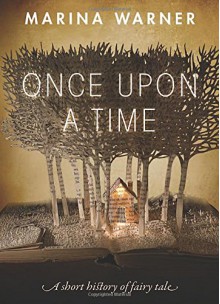
by Terje G. Simonsen
Non-Fiction
One thing I would say to publishers is that printing page after page of reviews at the beginning of a book is wasted space because the book is in my hand, therefore I've already made the decision to read it! After flipping past 2% of the book I finally got to the table of contents and things began to look interesting.
One of the things I liked immediately about this book is that it doesn't push the woo, but allows for healthy scepticism. Various stories are told of documented paranormal or ESP incidents, but then the author points out any flaws or subjectivity in the sources, leaving the reader to make up their own mind. It's a refreshing approach!
The first chapter was about psychic archaeology and I found it very interesting, not least of all because I didn't know just how often it's used to find things! It appears to be an ongoing practice. This was followed by a chapter on military experiments is psychic phenomena which I didn't expect to find as interesting, but found myself surprised.
The competition between the Russians and Americans on this area of research is fairly common knowledge, but much of the results and findings were far more fascinating than I realised. Unlike archaeology, the military (as far as we know) has long since abandoned this research, just like the UCLA Parapsychology Lab was closed down in the late 1970s, but some information has since been declassified and the author gives sources to read some of it without drawing attention to oneself by looking directly at the CIA website.
The third chapter was a bit more woolley. They used the word anthropology but basically it's about the sort of stories you hear about that can't be quantified. Uri Geller, a woman who can stop a frog's heart, that sort of thing. Again, the author acknowledges the insubstantial nature of these stories. Some things you just can't prove if you weren't there.
This is naturally followed by psychology, focusing mainly on Freud and Jung. Jung of course, coined the term, Synchronicity and there were some surprising revelations about Freud's interest in telepathy and other psi phenomena. Then we move on to what I think was the longest chapter about the relationship between parapsychology and science.
This one covers a lot of territory. It starts talking about Mesmer and flows into other history involving hypnosis and precognition, eventually coming to occult groups and secret societies. The Golden Dawn gets a fair bit of attention, but that's as far as it goes. I did find it intersting how many well known scientists had at least an open mind about parapsychology or at least telepathy, from Freud to Darwin and even Isaac Newton.
There's a section on scepticism and a chapter on lab experiments, though it surprisingly didn't mention the Parapsychology Lab at UCLA. Overall I found the book very interesting.

 Log in with Facebook
Log in with Facebook 






